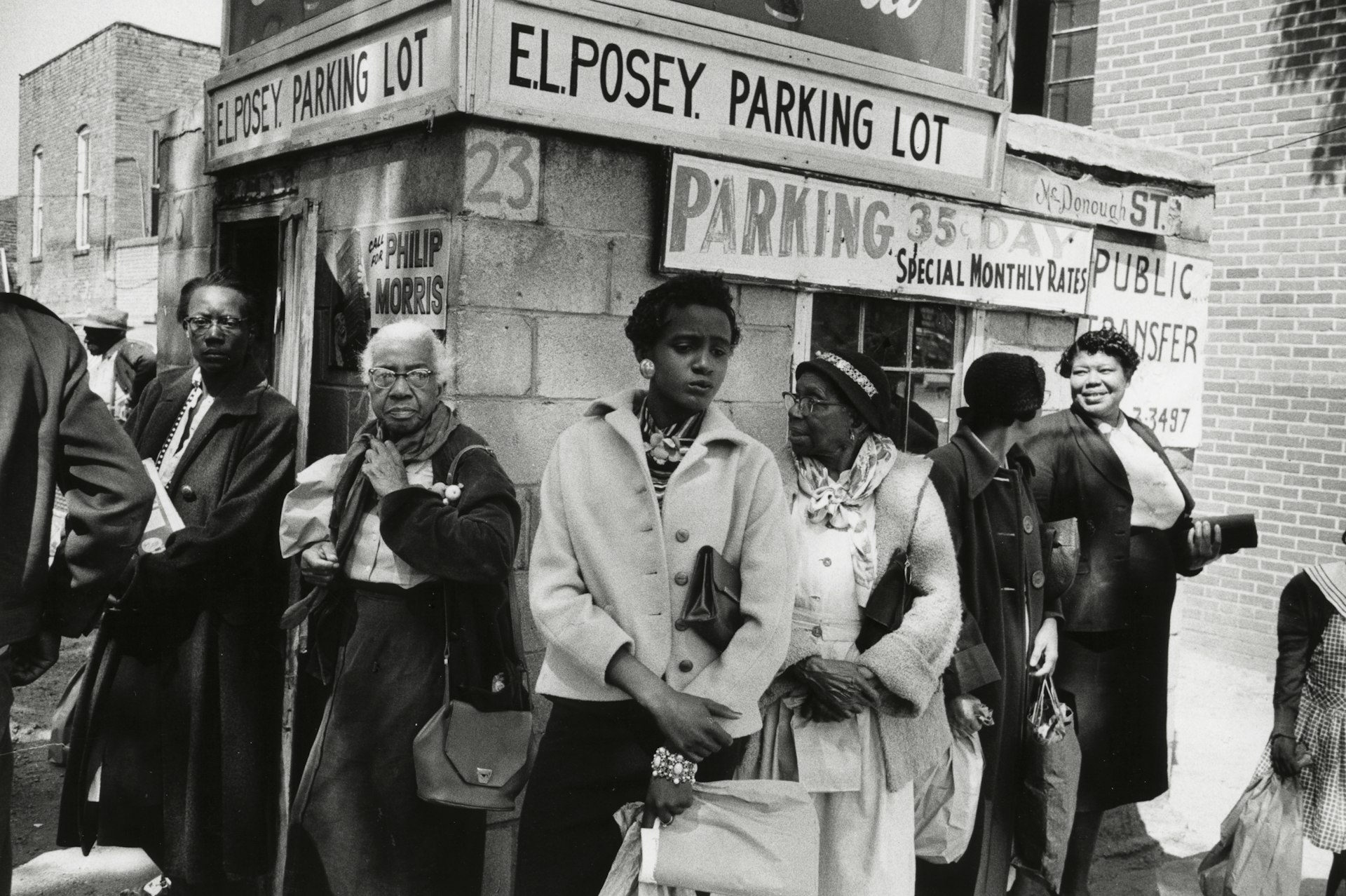Collage: from DIY cut-and-paste to radical art form
- Text by Cristiana Bedei

Over the last century, collage has established itself as one of the most radical and powerful art forms to explore cultural stereotypes about gender and identity. In the 20s and 30s, Dadaist pioneer Hannah Höch’s and Surrealist Eileen Agar used it to question the status of women and, in the 70s, feminist artists took after their lesson. They created what is known as ‘femmage’ – a woman-only, woman-focused form of collage theorised by Canadian artist and critic Miriam Schapiro.
Since then, women and minorities have been adopting collage as a means of liberation, built upon and against the visual tropes of popular culture. Influential contemporary artists like Barbara Kruger, Wangechi Mutu and Lorna Simpson have been cutting up and piecing together new narratives about gender and race, working at the intersection of the personal and public space. And in the digital age, where the possibilities of visual manipulation have multiplied endlessly, the success of collage as a critical lens to look at ready-made views and representations of communities, society and individuals continues to grow. Here, we spotlight three young, international artists who have embraced collage as a means to self-expression, using it as a powerful commentary on gender and identity.
Based in Jakarta, Indonesia, Ika Vantiani’s collage work is rooted in zine culture and collectivism, as she explains: “I used collage to make my own media, conveying messages on gender and identity before, and later to make people talk about gender and identity, through making collage with me.”
A cut-and-paste devotee since the early 2000s, in 2015, she launched Kata Untuk Perempuan (A word for woman), a workshop-based project where people would create collages translating their ideas and perceptions of ‘woman’. Collage is often a less intimidating technique for non-artists, and materials can be more easily sourced; still, the event can effectively prompt critical thinking and spark a conversation on gender roles and expectations, combining activism and community-building: “I would like to show people that we are not merely consumers, we are also makers,” she says. “The realisation that we have the ability to make something is really powerful. I want to share that power with people.”

Courtesy Ika Vantiani
Spanish photographer and designer, Rocio Montoya, from Madrid, has always focused on experimental portraiture and the deconstruction of the human body. Her collages explore themes of being and identity: “We try to learn to be the best version of ourselves without really knowing who we are, who we want to be,” she says. “I like to play with the idea of finding ourselves by avoiding stereotypes and inquiring into our roots.”
Her work is infused with a love for surrealist aesthetics, and an admiration for women’s resilience: “In many of my pieces, women try to get up, get rid of burdens,” she explains. “I not only try to exalt the feminine beauty, but also the beauty of the woman as a human being who possesses wonderful abilities – among them, an immense capacity for effort.”

Courtesy Rocio Montoya

Courtesy Rocio Montoya
Everything flows in the work of South Korean photographer Kai Oh. “My collages are always about the ever-changing status of human beings,” she explains. “I want to emphasise that there are no fixed definitions.”
Her series It Changes – born out of her experience of moving from the native Seoul to Bavaria, in Germany, to study photography – pieces together old shots the photographer had taken; turning them into an original exploration of personal history and circumstances, relations and disconnection.

Courtesy Kai Oh

Courtesy Kai Oh

Courtesy Kai Oh
Enjoyed this article? Like Huck on Facebook or follow us on Twitter.
Latest on Huck

How Labour Activism changed the landscape of post-war USA
American Job — A new exhibition revisits over 70 years of working class solidarity and struggle, its radical legacy, and the central role of photography throughout.
Written by: Miss Rosen

Analogue Appreciation: Emma-Jean Thackray
Weirdo — In an ever more digital, online world, we ask our favourite artists about their most cherished pieces of physical culture. Today, multi-instrumentalist and Brownswood affiliate Emma-Jean Thackray.
Written by: Emma-Jean Thackray

Meet the shop cats of Hong Kong’s Sheung Wan district
Feline good — Traditionally adopted to keep away rats from expensive produce, the feline guardians have become part of the central neighbourhood’s fabric. Erica’s online series captures the local celebrities.
Written by: Isaac Muk

How trans rights activism and sex workers’ solidarity emerged in the ’70s and ’80s
Shoulder to Shoulder — In this extract from writer Jake Hall’s new book, which deep dives into the history of queer activism and coalition, they explore how anti-TERF and anti-SWERF campaigning developed from the same cloth.
Written by: Jake Hall

A behind the scenes look at the atomic wedgie community
Stretched out — Benjamin Fredrickson’s new project and photobook ‘Wedgies’ queers a time-old bullying act by exploring its erotic, extreme potential.
Written by: Isaac Muk

“Welcome to the Useless Class”: Ewan Morrison in conversation with Irvine Welsh
For Emma — Ahead of the Scottish author’s new novel, he sat down with Irvine Welsh for an in-depth discussion of its dystopic themes, and the upcoming AI “tsunami”.
Written by: Irvine Welsh